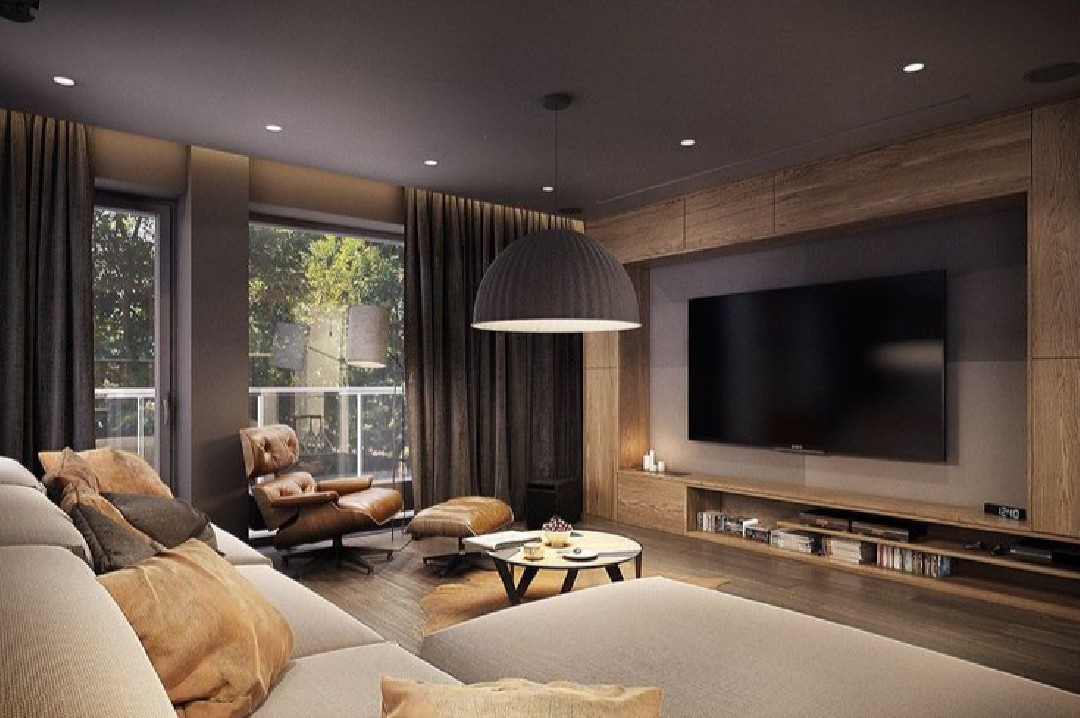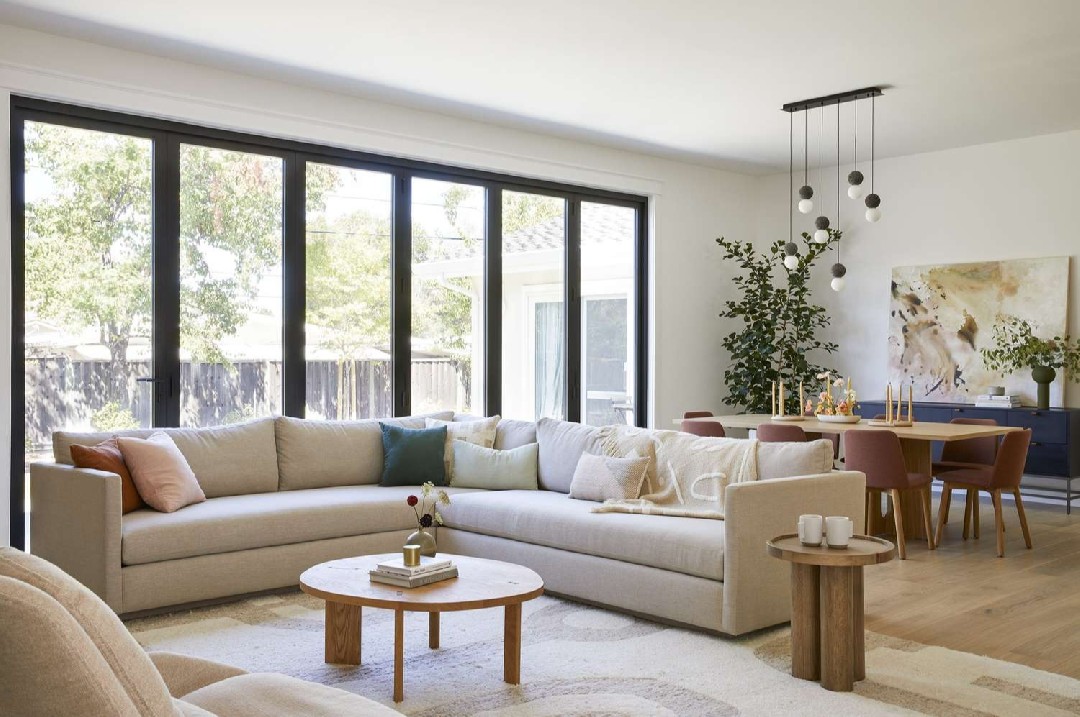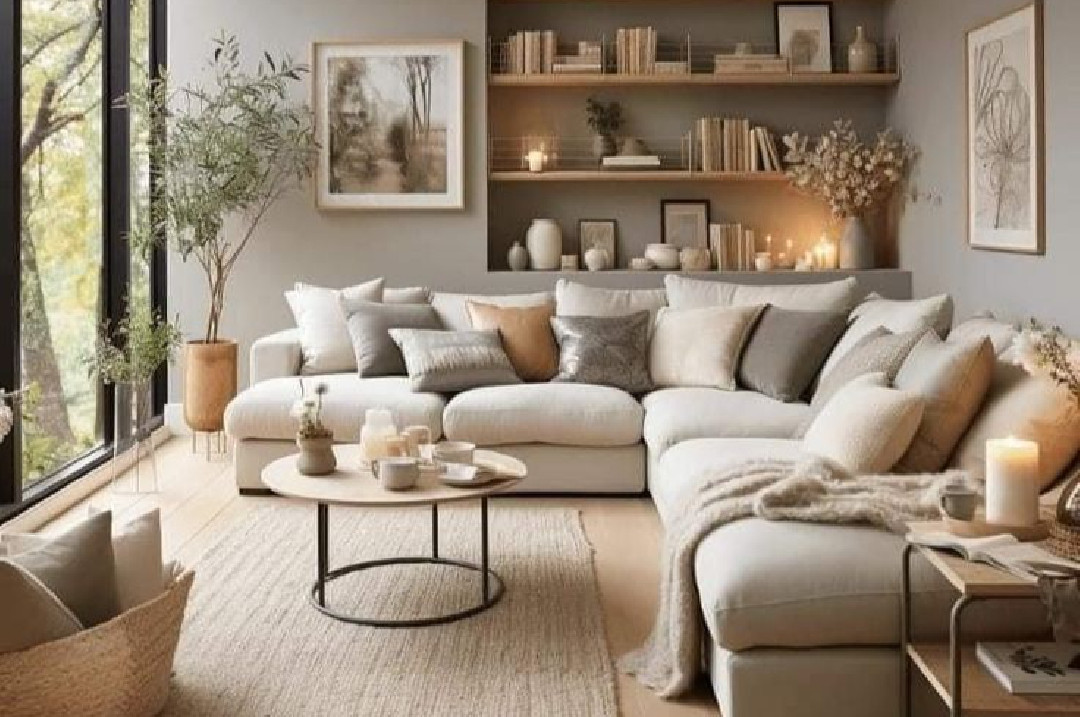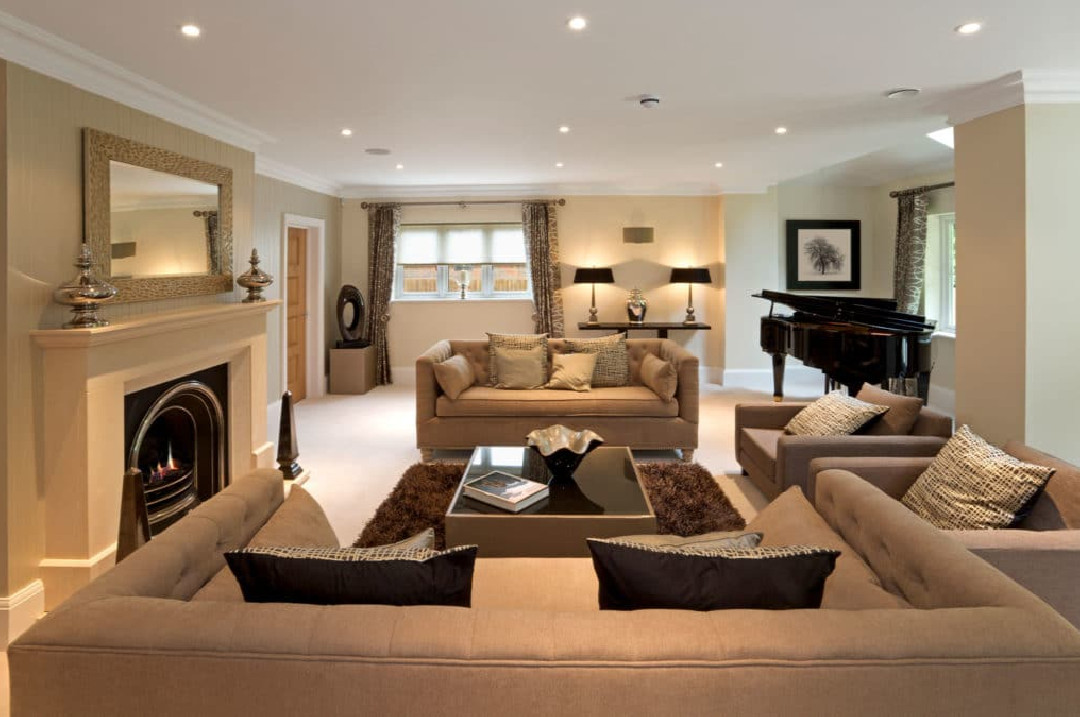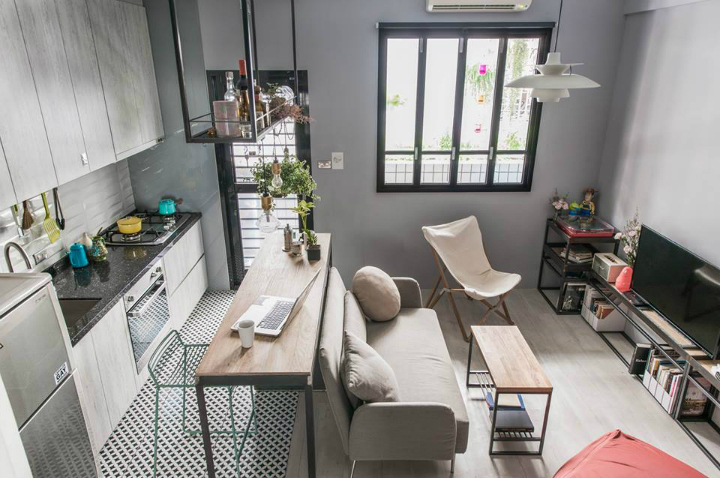How to Soundproof a Playroom: Tips to Increase Comfort and Reduce Distractions
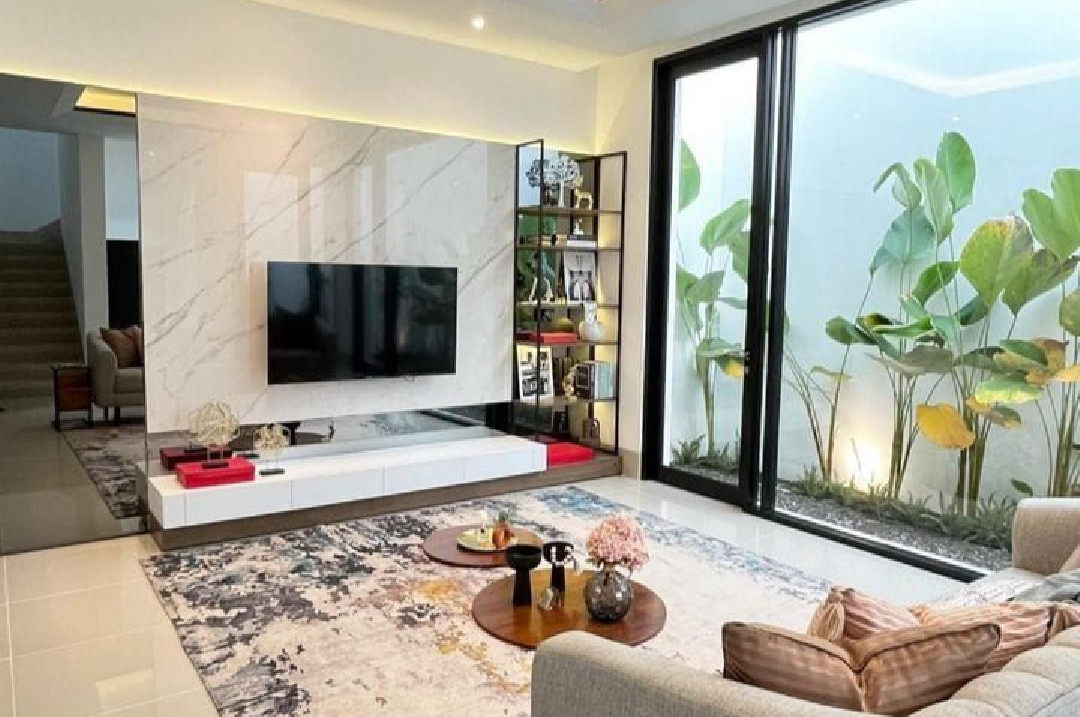
A soundproof playroom can be an ideal solution for families who want to create a special area for children and family members to play comfortably and with minimal distractions. In a room equipped with sound insulation it can help reduce the noise coming out of the room, so that busy playing activities do not disturb other family members or even neighbors. Apart from that, it will not be easy for sounds from outside the room to enter, so the playroom becomes a comfortable and quiet place for children who play in the room. Here are some tips that you can apply to create a soundproof playroom.
1. Add a Sound Dampening Layer to the Walls

Walls are the first place you need to focus on if you want to make your playroom more soundproof because walls are the area where sound penetrates most often. There are several ways you might try, including:
- Acoustic Panels: These panels are designed to absorb sound and reduce echoes. You can stick this panel on the wall, especially in areas where sound reflection often occurs. Apart from dampening sound, acoustic panels also have many design and color choices that can be used to beautify the playing room.
- Additional Drywall: By adding an extra layer of drywall, you can increase the wall thickness and soundproofing capabilities. However, you also have to choose a type of drywall that is specifically designed to dampen sound so that it is more effective.
- Acoustic Insulation: You can install special insulation in the walls to reduce sound transmission from inside and outside the room. This insulation can be a material such as fiberglass that is installed behind the wall to reduce sound.
2. Install Soundproof Doors and Windows

Doors and windows are the main points of entry for sound. By improving soundproofing capabilities in these two things, we will be able to reduce sound more effectively so here are the things we have to do to create a soundproof room:
- Solid Doors: You can use solid doors that are thick and made of wood or other solid materials which are more effective in dampening sound than hollow doors. If possible, install and use a solid door specifically for the playroom.
- Weatherstripping on Doors: Add weatherstripping or seals around doors to seal gaps that could be sound pathways.
- Double Windows or Thick Curtains: Replacing existing windows with double glazing can be helpful in lowering incoming and outgoing noise. If this is too expensive, add thick curtains or blackouts to reduce noise.
3. Use thick carpet or soundproof flooring

The floor can be a source of sound reflection, especially if you have a hard floor such as wood or tile. To reduce sound in the playroom, you can consider using the following options:
- Thick Carpet: Choose a thick carpet that can block the sound of footsteps and reduce echoes in the room. Soft rugs or carpets are also safe for children when playing.
- Carpet Underlayment: Add a layer of foam or padding placed under the carpet to increase soundproofing capabilities.
- Soundproof Flooring: If possible, use acoustic floor panels or flooring materials that have high soundproofing capabilities for best results.
4. Add Sound-Absorbing Furniture

Furniture placed in the playroom can be part of a natural soundproofing solution. You can use some of these ideas to help break up and absorb sound in a room:
- Bookcases or Toy Cupboards: Place bookshelves, toy cabinets, or storage along the walls to help dampen sound around the walls. Wood or other thick materials can help absorb sounds reflected on the walls.
- Soft Furniture: Furniture that has soft materials such as sofas, bean bags, or chairs upholstered in thick fabric is very effective at absorbing sound. Apart from that, this soft furniture also provides a comfortable sitting area for children while playing.
- Thick Toys or Mats: Using thick mattresses or soft toys can also help dampen sounds in the room and at the same time keep children safe while playing.
5. Use Ceilings with Sound Dampeners

The ceiling can provide an additional sound path, especially if the playroom is on the ground floor or near other rooms. Here are some ways to dampen sound through the ceiling:
- Acoustic Ceilings: Installing acoustic ceilings or special materials on the ceiling can help dampen sounds from the room above or from other floors. Choose a ceiling that has additional insulation for better results.
- Acoustic Panels on the Ceiling: Acoustic panels can be attached to the ceiling to absorb sound from various directions. Acoustic foam or special panels can also help reduce echoes in the playing room.
- Additional Dampening Material: If possible, add soundproofing material such as foam or fiberglass behind the ceiling to increase the soundproofing capabilities of the ceiling.
6. Close Gaps or Cracks in Walls and Windows

Gaps or cracks in walls and windows often become sound entry routes. To reduce noise, make sure you close every small gap that exists:
- Use Acoustic Sealant: Acoustic sealant can be used to seal cracks or gaps in walls that may allow sound to enter or leave the room.
- Add Weatherstripping to Windows: Weatherstripping on windows can prevent sound from entering through the gaps around it. These can be installed on windows that are frequently used or on windows that face noisy areas.
7. Installing Acoustic Panels and Foam on Walls

Acoustic panels and foam are popular solutions for soundproofing playrooms. This tool can dampen sound well and reduce noise bouncing around in the room:
- Acoustic Foam Panels: Acoustic foam has a unique shape that helps absorb sound better. These panels can be installed on several parts of the playroom walls to reduce noise.
- Acoustic Panels of Various Shapes: Use acoustic panels in interesting colors and shapes to match the theme of the playroom. You can install this panel on a wall close to children's toys or play areas.
8. Use Acoustic Curtains or Thick Curtains

Thick curtains or curtains not only help reduce incoming light but can also absorb sound. This option would be suitable for a playroom that has a lot of windows or is in a noisy area.
- Layered Curtains: Choose thick layered curtains to block outside sounds. These curtains can be installed on windows or even used as partitions in the room.
- Special Acoustic Curtains: Acoustic curtains are specially designed to absorb sound more effectively. These curtains can be installed near walls or doors as an additional soundproofing layer.
Conclusion
By applying the tips above, you can create a soundproof playroom that is comfortable and safe for children. Simple steps such as installing carpet, adding furniture, and using acoustic panels can help reduce the noise that is likely to occur in the playroom. Adjust the sound insulation method to your needs, budget and the type of room you have.


